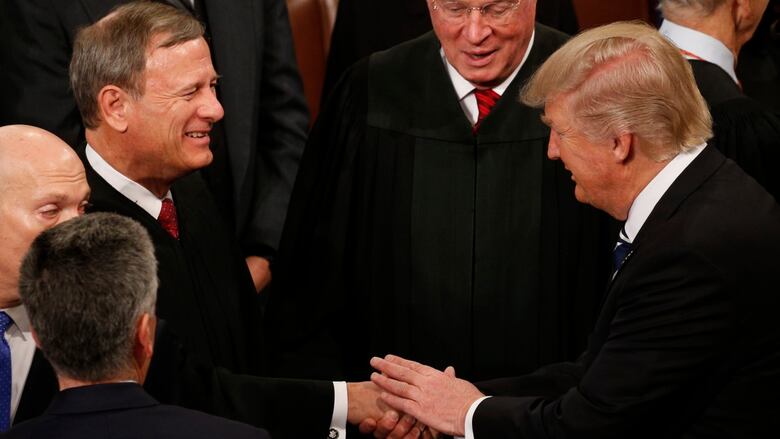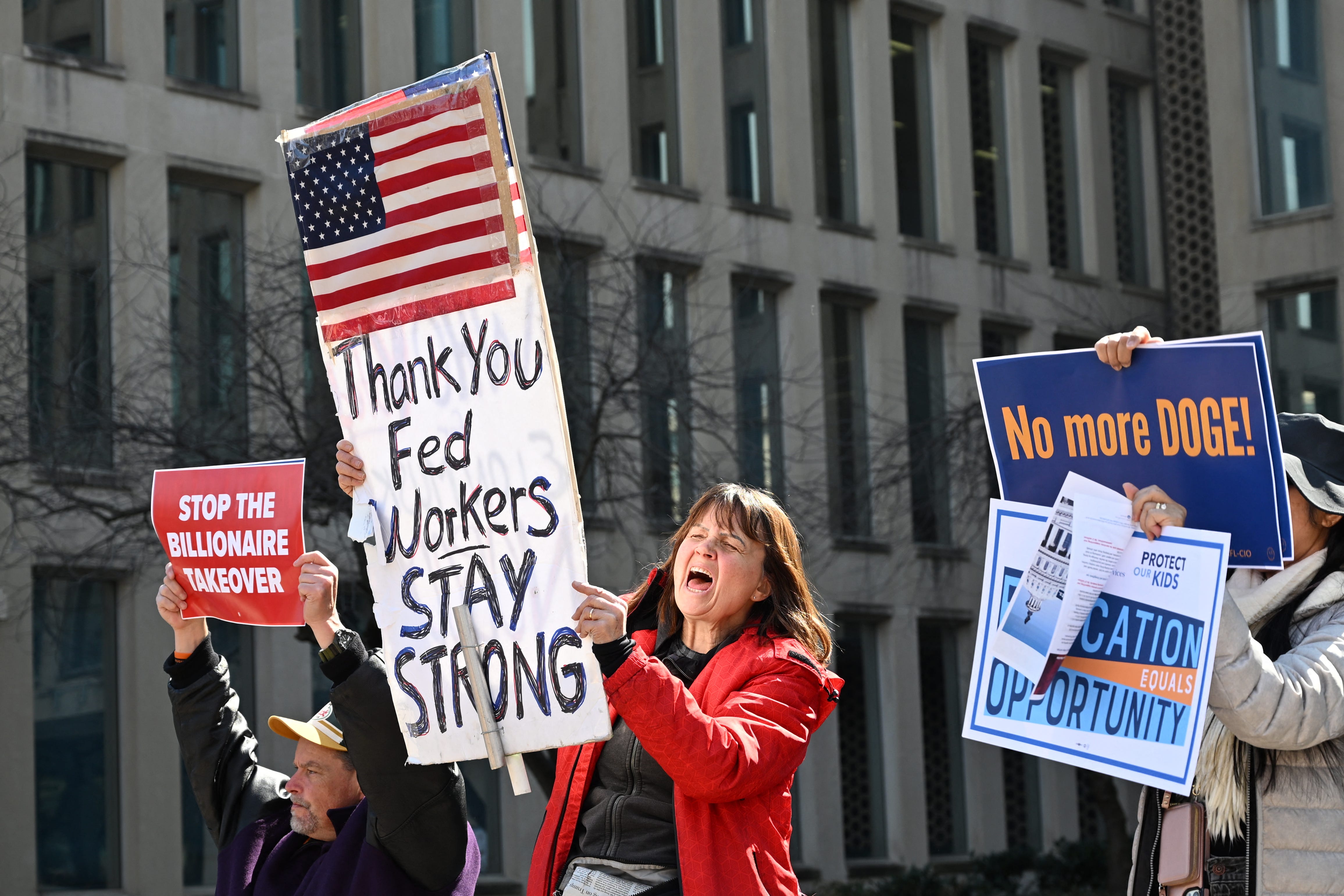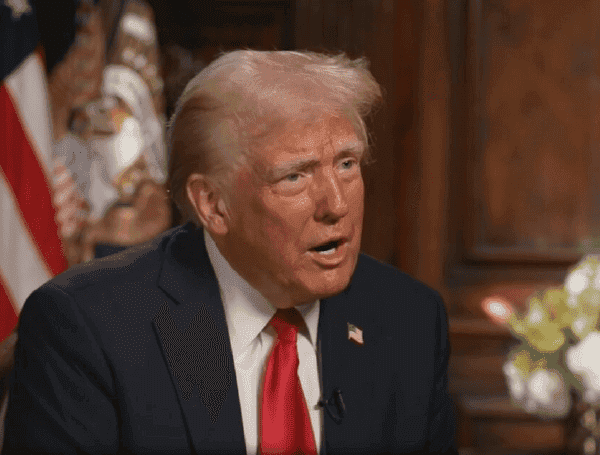Judge Seals Evidence in Trump Assassination Case, Citing National Security Risks
A federal judge in Florida, appointed by former President Donald Trump, has made a significant ruling in the case of Ryan Routh, a man accused of plotting to assassinate the former president. Judge Aileen Cannon has sealed critical evidence in the case, citing concerns that its release could lead to “exceptionally grave damage to the national security of the United States.” The ruling has raised eyebrows and questions about the implications for transparency and security in politically charged cases.
Background & Context
The case against Ryan Routh comes amidst a politically turbulent climate in the United States, where threats against public figures have escalated in recent years. Routh was arrested in 2022 after allegedly making plans to kill Trump, which he later claimed were fueled by political frustrations. The decision to seal evidence is not only a legal maneuver but also a reflection of the sensitive nature of threats against high-profile individuals in an era marked by increasing polarization.
Historically, cases involving threats to political figures have been treated with utmost seriousness, especially when national security is at stake. The decision by Judge Cannon aligns with a broader trend of prioritizing national security over public access to information in cases that could provoke further unrest or violence. This situation bears similarities to recent developments in other countries where political tensions have led to heightened military readiness, as seen in Kazakhstan"s military initiatives.
Key Developments
Judge Cannon"s ruling to seal the evidence was met with mixed reactions from legal experts and political commentators. While some argue that the decision is necessary to protect sensitive information and maintain national security, others express concern that it undermines the principles of transparency and accountability in the justice system. The sealed evidence is believed to include details about Routh"s motivations, potential accomplices, and methods—information that could shed light on the seriousness of the threat he posed.
In her ruling, Judge Cannon emphasized that the potential risks associated with public disclosure of the evidence outweighed the benefits of transparency. This stance raises questions about how the legal system balances the need for public information against the imperative to protect national security, especially in cases that involve politically charged motives. The broader implications of this ruling could set a precedent for how similar cases are handled in the future.
\n\n
Image for Judge Seals Evidence in Trump Assassination Case, Citing National Security Risks
Broader Impact
The sealing of evidence in the Routh case resonates with ongoing conversations about the risks facing U.S. democracy. Experts warn that as political tensions rise, so too does the risk of violence against public officials. The implications of this case extend beyond Routh himself; they touch on the very fabric of political discourse and the safety of those who serve in public office. Analysts argue that the legal system must adapt to address these emerging threats while maintaining the integrity of democratic processes.
Moreover, the decision to seal evidence could have a chilling effect on public engagement with political processes. As previously reported, many Americans are already feeling disillusioned with the political system, as seen in Kamala Harris"s recent decision to withdraw from the California governor race, citing a "broken" political system. This disillusionment may be exacerbated if citizens perceive that the government is withholding information for security reasons, potentially leading to further alienation from political institutions.
What"s Next
As the legal proceedings against Ryan Routh unfold, observers will be closely monitoring the implications of Judge Cannon"s ruling. The case is expected to proceed with additional hearings, where arguments for and against the sealing of evidence will likely be revisited. Legal experts anticipate that this could lead to appeals or motions for the release of certain information, especially from media organizations advocating for transparency.
Furthermore, the outcome of this case may influence how similar threats against public figures are prosecuted in the future. As the nation grapples with the consequences of political violence, the balance between security and transparency will remain a contentious issue. The implications of this case could reverberate through the political landscape, shaping public perception and policy responses to threats against democracy.

Image for Judge Seals Evidence in Trump Assassination Case, Citing National Security Risks



![[Video] Gunfire between Iraqi security forces and Sadr militias in Baghdad](/_next/image?url=%2Fapi%2Fimage%2Fthumbnails%2Fthumbnail-1768343508874-4redb-thumbnail.jpg&w=3840&q=75)
